What is a WPC door?
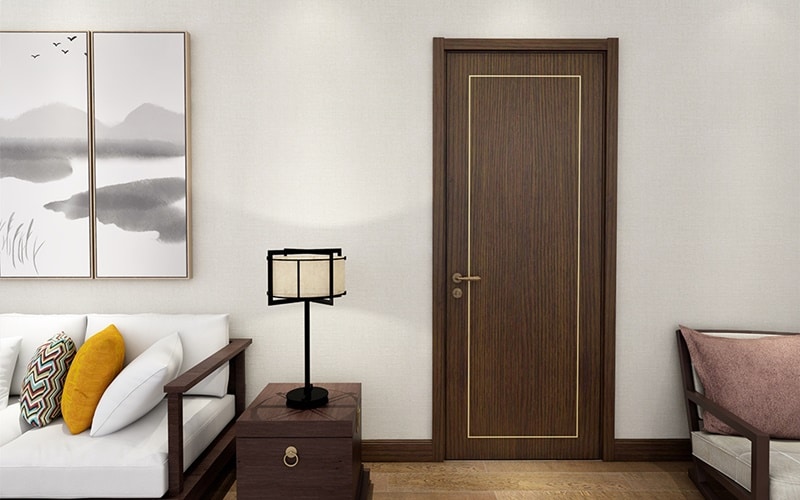
A WPC or Wood Plastic Composite door combines wood fibers and thermoplastic materials, such as polyethylene, polyvinyl chloride (PVC), or polypropylene. WPC doors have gained popularity due to their durability, resistance to moisture and termites, and low maintenance requirements.
These doors are produced by blending wood fibers with thermoplastic materials, heating, and molding the mixture into the desired shape. The end product looks like natural wood but with the added benefits of plastic materials. WPC doors are often used in residential and commercial buildings for their eco-friendly nature, cost-effectiveness, and long-lasting performance.
WPC doors advantages and disadvantages
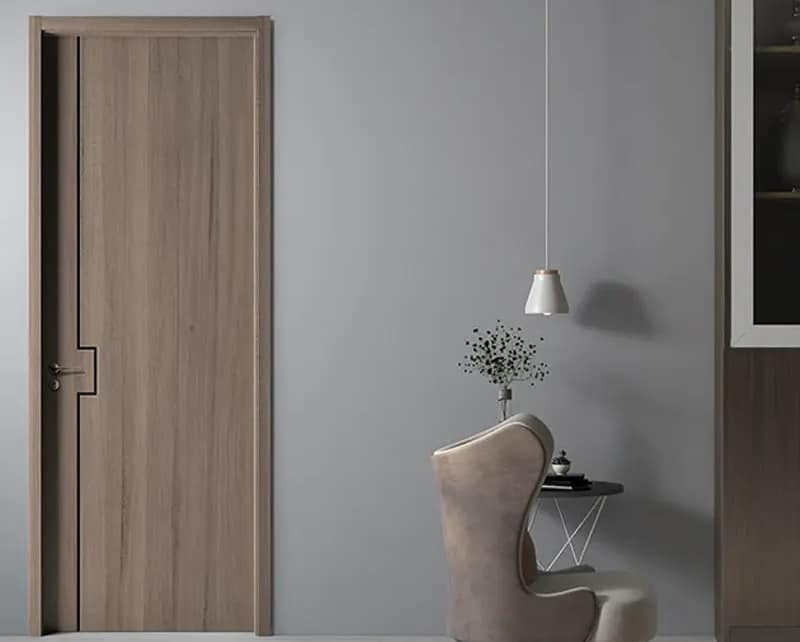
WPC doors have several advantages and disadvantages that should be considered when deciding whether to use them in a particular application:
Advantages:
- Durability: WPC doors are highly durable and resistant to warping, cracking, and splitting. They are also resistant to termites and other pests that can cause damage to wooden doors.
- Moisture resistance: WPC doors have excellent moisture resistance, making them suitable for use in humid environments or areas prone to water exposure, such as bathrooms and kitchens.
- Low maintenance: Unlike wooden doors, WPC doors require minimal maintenance. They do not need painting, staining, or sealing and can be easily cleaned with water and mild detergent.
- Eco-friendly: WPC doors are made from recycled materials, making them an environmentally friendly option compared to traditional wooden doors.
- Aesthetic appeal: WPC doors can be designed to mimic the appearance of natural wood, offering a visually appealing alternative to traditional wooden doors.
- Cost-effective: While the initial cost of WPC doors may be higher than traditional wooden doors, they are often more cost-effective in the long run due to their durability and low maintenance requirements.
Disadvantages:
- Limited temperature resistance: WPC doors can be sensitive to extreme temperature fluctuations, which may cause them to expand and contract. This can result in warping or distortion over time.
- Heavier than wooden doors: WPC doors tend to be heavier than their wooden counterparts, making installation more difficult and potentially requiring additional reinforcement.
- Less customizable: While WPC doors can be designed to mimic the appearance of natural wood, they may not offer the same level of customization and uniqueness as traditional wooden doors.
- Susceptibility to scratches and dents: Although WPC doors are durable, they can still be susceptible to scratches and dents from sharp objects or heavy impacts.
- Potentially higher initial cost: As mentioned earlier, WPC doors may have a higher initial cost compared to traditional wooden doors, which could be a drawback for some consumers.
When considering WPC doors for your project, weighing these advantages and disadvantages is essential to determine if they fit your needs and preferences.
What is the WPC door made of?
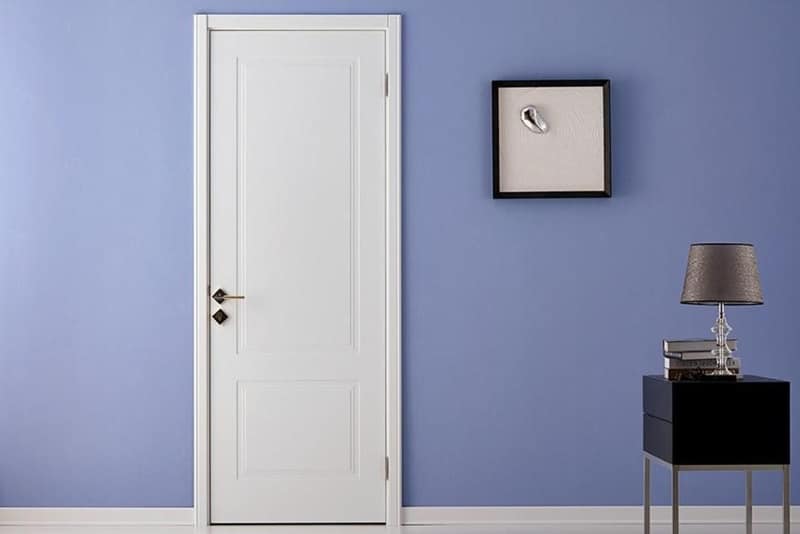
WPC doors are made of Wood Plastic Composite (WPC) materials, combining wood fibers and thermoplastic materials. Wood fibers typically come from recycled wood materials, such as sawdust or wood flour, while thermoplastic materials can include polyethylene (PE), polyvinyl chloride (PVC), or polypropylene (PP).
The wood fibers and thermoplastic materials are blended and heated, allowing them to be mixed and molded into the desired shape for the door. During the manufacturing process, additives such as colorants, stabilizers, and coupling agents can be incorporated to enhance the properties of the final product, such as UV resistance, durability, and aesthetics.
The result is a door that combines the aesthetic appeal of natural wood with the benefits of plastic materials, offering increased durability, moisture resistance, and low maintenance requirements.
Is WPC better than wood?
WPC (Wood Plastic Composite) and natural wood have their respective advantages and disadvantages, making it difficult to determine which is better. Instead, the choice between WPC and wood will depend on the specific application and personal preferences. Here’s a comparison of WPC and wood to help you make an informed decision:
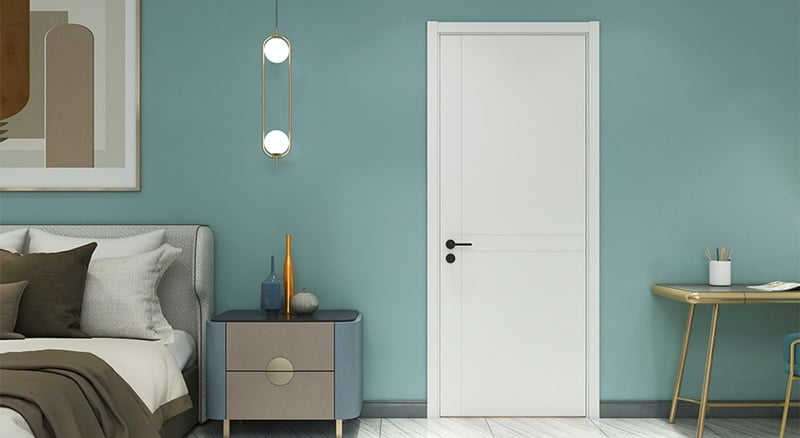
WPC:
- Durability: WPC is more durable than wood, as it is resistant to warping, cracking, and splitting, as well as damage from termites and other pests.
- Moisture resistance: WPC is less susceptible to moisture and water damage, making it suitable for damp or humid environments.
- Low maintenance: WPC requires minimal maintenance, as it does not need painting, staining, or sealing and is easy to clean with water and mild detergent.
- Eco-friendliness: WPC is often made from recycled materials, making it more environmentally friendly than traditional wood.
- Consistency: WPC materials are more consistent in appearance and quality, with fewer imperfections than natural wood.
Wood:
- Aesthetics: Natural wood has a unique charm and warmth that some people prefer over the synthetic appearance of WPC.
- Customizability: Wood offers more options for customization, such as staining, painting, and carving, allowing for a more personalized design.
- Biodegradability: Wood is a natural, biodegradable material, whereas WPC contains plastic components that may take longer to break down in the environment.
- Repairability: Damaged wood can often be repaired or refinished more easily than WPC.
- Thermal properties: Wood is a better natural insulator than WPC, making it more suitable for use in areas with extreme temperature fluctuations.
Ultimately, the choice between WPC and wood will depend on aesthetics, maintenance, durability, cost, and environmental impact. WPC may be a better option for those seeking a low-maintenance, durable, and moisture-resistant material. At the same time, natural wood may be more suitable for those who prefer a more traditional appearance and are willing to invest time and effort in maintenance.
What is the lifespan of a WPC door?
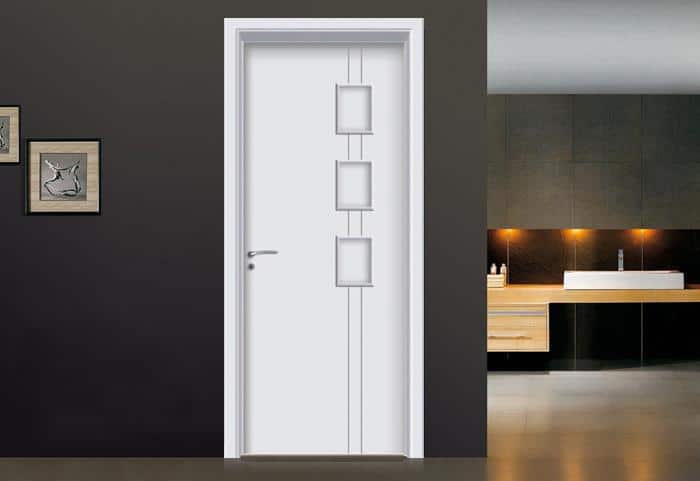
The lifespan of a WPC (Wood Plastic Composite) door can vary depending on several factors, such as the quality of materials used, manufacturing process, installation, maintenance, and environmental conditions. Generally, WPC doors are known for their durability and longevity, with a typical lifespan ranging from 20 to 30 years or more if properly maintained.
Several factors can impact the lifespan of a WPC door:
- Quality of materials: Higher quality WPC materials and additives used during manufacturing can result in a more durable, longer-lasting door.
- Manufacturing process: A well-manufactured WPC door with proper binding of wood fibers and thermoplastic materials will have better durability and longevity.
- Installation: Proper installation ensures a WPC door’s optimal performance and lifespan. Incorrect installation can lead to issues like warping, water infiltration, or compromised structural integrity.
- Maintenance: Although WPC doors are low-maintenance compared to traditional wooden doors, periodic cleaning and inspection for any signs of damage can help prolong their lifespan.
- Environmental conditions: WPC doors exposed to extreme temperature fluctuations, high levels of moisture, or harsh weather conditions may experience a reduced lifespan. However, they perform better than traditional wooden doors under such conditions.
To maximize a WPC door’s lifespan, select a high-quality product, ensure proper installation, and perform regular maintenance as needed.
Which door is better, PVC or WPC?
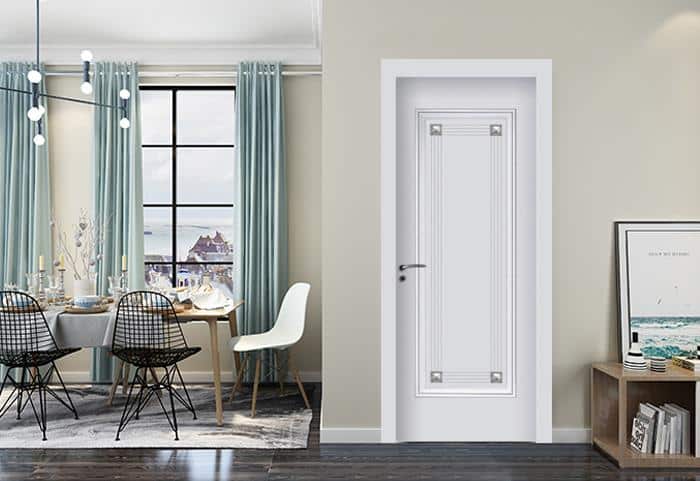
PVC (Polyvinyl Chloride) and WPC (Wood Plastic Composite) doors have advantages and disadvantages; choosing between them depends on your needs, preferences, and the intended application. Here is a comparison of PVC and WPC doors to help you make an informed decision:
PVC Doors:
- Lightweight: PVC doors are lighter than WPC doors, making them easier to handle and install.
- Water resistance: PVC doors are highly resistant to water and moisture, making them suitable for damp environments like bathrooms and kitchens.
- Low maintenance: PVC doors require minimal maintenance, as they do not need painting or staining and can be easily cleaned with water and mild detergent.
- Budget-friendly: PVC doors are generally more affordable than WPC doors, making them a cost-effective option for many homeowners.
- Resistance to insects: PVC doors resist termite and other insect infestations.
WPC Doors:
- Aesthetic appeal: WPC doors can mimic the appearance of natural wood, offering a more visually appealing alternative to PVC doors.
- Durability: WPC doors are highly durable and resistant to warping, cracking, and splitting, providing long-lasting performance.
- Eco-friendly: WPC doors are often made from recycled materials, making them more environmentally friendly than PVC doors.
- Moisture resistance: WPC doors have excellent resistance to moisture and water, similar to PVC doors.
- Low maintenance: Like PVC doors, WPC doors require minimal maintenance and can be easily cleaned with water and mild detergent.
When deciding between PVC and WPC doors, consider aesthetics, durability, environmental impact, cost, and maintenance requirements. PVC doors may be more suitable for those seeking a lightweight, budget-friendly option with high water resistance. In contrast, WPC doors may be a better choice for those who desire the appearance of natural wood combined with the benefits of plastic materials.
Which type of door lock is best for WPC doors?
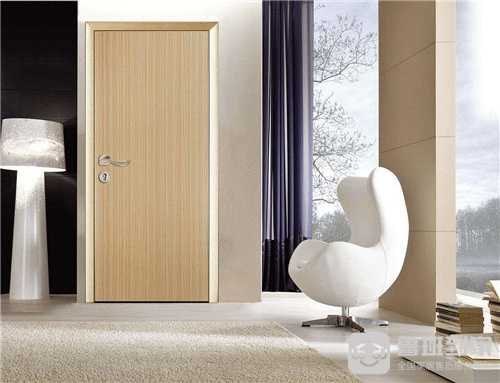
Choosing the best type of door lock for a WPC (Wood Plastic Composite) door will depend on your specific security requirements, budget, and preferences. Here are some popular types of door locks that can be suitable for WPC doors:
- Deadbolts: Deadbolt locks offer high security and are among the most common door locks used in residential and commercial properties. Single-cylinder deadbolts require a key to unlock from the outside and have a thumb-turn mechanism on the inside, while double-cylinder deadbolts require a key for both the inside and outside.
- Mortise Locks: Mortise locks are installed within a recess in the door, providing a clean, flush appearance. They are typically more secure and durable than cylindrical locks and are commonly used in commercial applications and high-security residential settings.
- Cylindrical Locks: Also known as tubular locks, cylindrical locks are installed through a hole in the door and are a popular choice for residential applications. They come in various styles and security levels, including keyed-entry and privacy options.
- Electronic Locks: Electronic door locks offer keyless entry and increased security features, such as fingerprint recognition, smart card access, or smartphone app control. They are available in various styles, including deadbolts and mortise locks, and can provide convenience and enhanced security for your WPC door.
- Multi-point Locking System: Multi-point locking systems provide additional security by engaging multiple locking points within the door frame when the lock is activated. They are commonly used in high-security settings and can be an excellent choice for WPC doors.
When selecting a door lock for your WPC door, consider factors such as security level, ease of installation, compatibility with the door’s design, and your budget. Choosing a lock from a reputable manufacturer known for producing high-quality, reliable products is also essential. Consult a professional locksmith or security expert if you need guidance in selecting the best lock for your WPC door.

